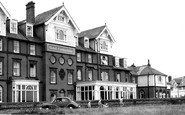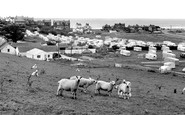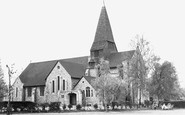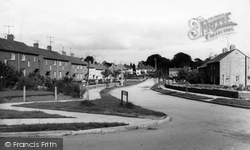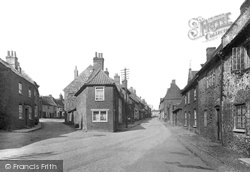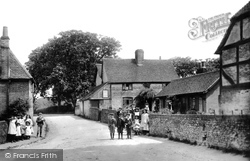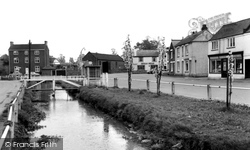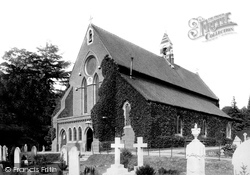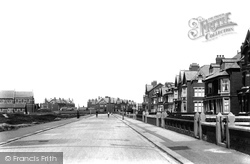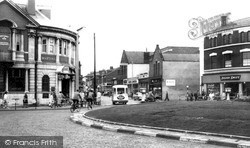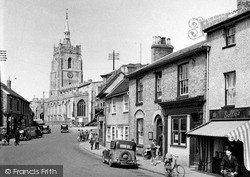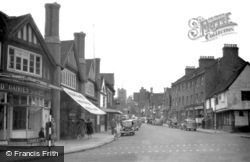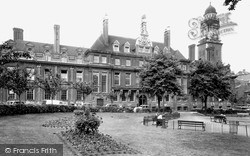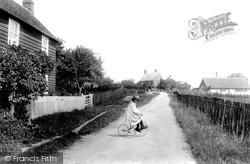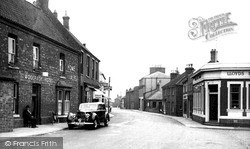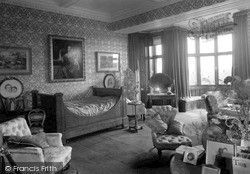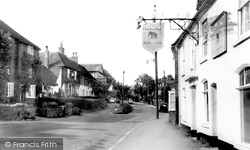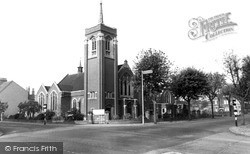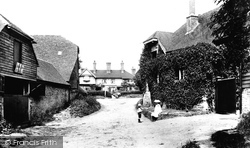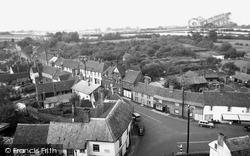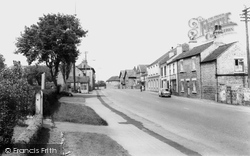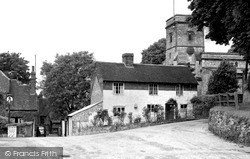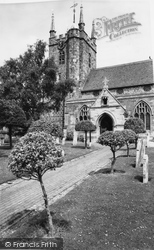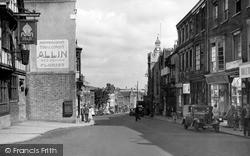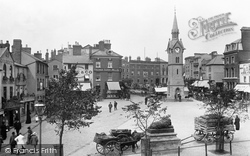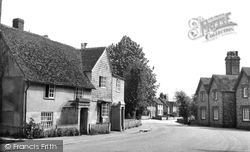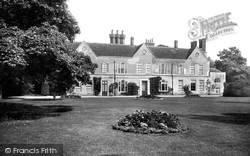Places
Sorry, no places were found that related to your search.
Photos
Sorry, no photos were found that related to your search.
Maps
Sorry, no maps were found that related to your search.
Books
Sorry, no books were found that related to your search.
Memories
655 memories found. Showing results 131 to 140.
Halls Of Galmpton
The Hall family lived scattered about Devon since the late 1600's, from what I can gather. In the 1850's to the 1890's they seemed to settle around Galmpton and Dittisham, later into Torquay and beyond. My GGG Grandfather ...Read more
A memory of Galmpton in 1860 by
Happy Memories
I worked in the Hotel Continental in the very hot summer of 1976 with 3 friends. It was a glorious summer season and the sun shone endlessly, so we spent many lazy days (between work shifts!) on the beach. We danced into the early ...Read more
A memory of Mundesley in 1976 by
My Love Of Brynowen Continues
I do not remember my first visit to Borth as I would have been a few months old around about the spring of 1963. As a family we then returned every year staying at Brynowen, sometimes twice a year, until I turned 18 at ...Read more
A memory of Borth in 1963 by
Living In Harold Hill
I lived in 71 Hailsham Road off of Straight Road till we sadly moved in the April of 1971. I always remember; the Grammar School, at the back of Appleby Drive we used to have Saturday fetes with the small steam train ...Read more
A memory of Harold Hill in 1967 by
Life Until 40.
My family returned to South Ockendon in 1964, although both sets of grandparents were in South Road and Broxburn Drive. First lived in Clayburn Gardens, then in 1969 we moved to 34 Cruick Avenue. Small cul-de-sac, originally ...Read more
A memory of South Ockendon by
The Bird Man
I was reminded today of The Bird Man who went round all the schools doing Bird Call imitations. We were at Ladyland School and this presentation was a welcome break from school work. At the close of his performance he asked for ...Read more
A memory of Kilbirnie in 1955 by
Working At Litton Mill
I went to work at Litton Mill when I was seventeen. Worked in the Sizing, Charlie Mellor was the supervisor. I met many lovely people and a great lot of characters. The sizing was machines with huge rollers set in a bed ...Read more
A memory of Litton Mill by
Lawrence Weston Comprehensive School
I attended Lawrence Weston Comprehensive School from September 6, 1963 until February 1969. Although I had passed my 11 Plus examination very highly (highest in the southwest of England) and wanted to ...Read more
A memory of Lawrence Weston in 1963 by
Old Lewisham Central Library
In the early 1950s I worked at the Central Library, near St Mary's Church. My most vivid memories are the long working hours (difficult for the social life of a young girl) and having to manually count the 'issue' before ...Read more
A memory of Lewisham by
Rowley Bristow Hospital
This hospital played a big part in my childhood. My sister spent several weeks there after suffering a severe cut to her knee in the 1960s, her godmother worked there as a physiotherapist, and not long before it closed, my ...Read more
A memory of West Byfleet by
Captions
405 captions found. Showing results 313 to 336.
Looking down New Street to the Moot Hall, we can see on the right a brick Georgian house where many BBC trainees lodged in the 1960s.
The long straight high street eventually opens up into the Friday market place.
Fifteen children have been neatly assembled by the photographer in front of the brick and half-timbered cottages that comprised this small village – it was originally called Clandon Abbots.
The brook here somehow appears to be little cared for, with its chipped concrete posts arrayed along weedy banks.
This modest building of red brick is attributed to T H Rushworth and was built in about 1864. The windows are 13th-century and show a variety of designs in two-bay arcades.
The buildings were all good quality brick with stone cappings and gate posts.
The roundabout was removed in 1979 to make way for a new road junction.
On the right, the Royal Oak, the shop with the arched door and window, and the building nearest the camera, here Dolly's sweet shop, all remain.
This photograph was taken from the junction of the High Street with Bridge Street. The dominant buildings are of the early 1900s, complete with a fine set of chimney stacks.
The early 19th century saw Leicester in an appalling sanitary condition, until piped water came to the town in the mid 1850s, along with its first sewers.
Lying just to the north of Chilham is this small and curiously named hamlet where, until the beginning of the 20th century, an annual race was staged between two village youths and two maidens for a
North from the Market Place, the High Street curves away past The Woolpack, now rendered and roughcast.
This plainer room is one occupied by Queen Victoria when she stayed at Thoresby, enjoying the lavish hospitality of Earl Manvers.
The pretty village of Elham, at the heart of the valley of that name, is clustered around its market square and this High Street, lined with buildings from several periods.
Churches were built to serve the suburbs north of Abington Park.
The pretty village of Shackleford, west of Godalming, has a mixture of houses in different styles, as evidenced here by the creeper-clad building on the right, the tall-chimneyed cottages with their neatly
Bridge House, the Post Office Stores and the adjoining houses (centre bottom) follow the curve of the street, named after The Swan Inn.
Two miles south of Langold, Carlton in Lindrick is a village of two parts, the original village to the south and a large former colliery village with hard red brick semi-detached houses.
Oving, west of Whitchurch, lies off the main road, and is a very pretty village on the Portland limestone ridge.
Another view, similar to H6031 (above), shows the brick-paved path and the holly bushes. At the left is a silver birch, which also survives today.
The contraption on the brick wall of Allin's Newsagents beside the pub is a vending machine.
Beyond the Clocktower, the Georgian brick front belongs to the George Inn, which was replaced by Burtons in 1936.
Glynde is most famous for its internationaly renowned opera house built in the grounds of Glyndbourne.
West of the church and across a stream is The Bury, the manor house until 1741. At one time council offices, it is now divided into houses and its grounds are a public open space.
Places (0)
Photos (0)
Memories (655)
Books (0)
Maps (0)

